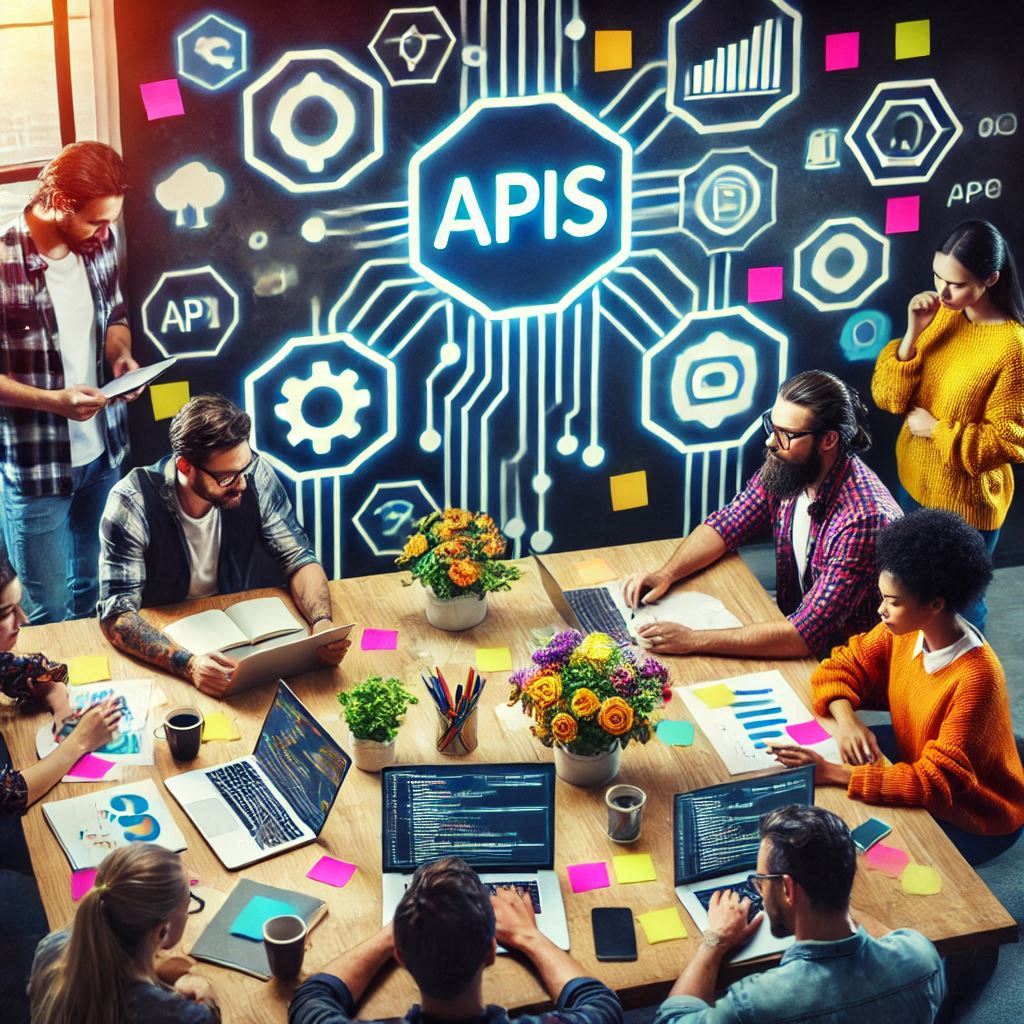-

Technology Stack: Analyzing the Technology Stacks Typically Used by Platforms and Marketplaces and How These Impact Their Operations
In the digital economy, the technology stack is the backbone that supports the functionality and performance of both digital platforms and marketplaces. A technology stack comprises various layers of technology that work together to build and run applications. These layers include the front-end, back-end, database, development tools, and infrastructure. This article analyzes the technology stacks…
-

Scalability Challenges and Solutions: Addressing the Challenges of Scaling a Digital Platform and Best Practices to Overcome Them
As digital platforms grow, they often encounter scalability challenges that can impede their performance, user experience, and overall success. Scalability refers to the ability of a platform to handle increased loads and accommodate growth without compromising on performance or user satisfaction. This article explores the common challenges associated with scaling digital platforms and provides best…
-

Platform Scalability: Strategies for Handling Growing User Bases and Increasing Data Loads
As digital platforms grow, they face the inevitable challenge of scalability. Scalability refers to the ability of a platform to handle increasing user loads, data volumes, and transaction rates without compromising performance, reliability, or user experience. Effectively scaling a digital platform is critical for sustaining growth, maintaining competitive advantage, and ensuring seamless user interactions. This…
-

API Integration: Enhancing Digital Platform Capabilities Through Seamless Connectivity
In the ever-evolving landscape of digital platforms, the ability to connect and interact with various services and systems is crucial for delivering comprehensive and innovative solutions. Application Programming Interfaces (APIs) play a pivotal role in enabling this connectivity. By facilitating seamless integration with other services, APIs enhance the functionality, scalability, and user experience of digital…
-

Building Effective Digital Platforms: Key Components and Best Practices
Building effective digital platforms is a multifaceted endeavor requiring a keen understanding of the technical, organizational, and user-centric components that together create seamless, powerful user experiences. With our world increasingly dependent on digital ecosystems, from social networks to enterprise solutions, crafting a robust platform is both an art and a science. This article explores the…
-

Agile Development in Digital Marketplaces: Enhancing Product Management in Fast-Paced Environments
Agile development has become a cornerstone of modern product management, especially in fast-paced environments like digital marketplaces. This methodology emphasizes flexibility, collaboration, and customer-centricity, allowing teams to adapt quickly to changing market demands and deliver high-quality products efficiently. This article explores the benefits of using Agile methodologies to enhance product management in digital marketplaces and…
-

AI in Software Development and SaaS Management: Transforming the Landscape
Artificial Intelligence (AI) is reshaping the software development and Software as a Service (SaaS) landscape in unprecedented ways. From automating mundane tasks to enhancing decision-making processes, AI is driving significant improvements in efficiency, accuracy, and innovation. This article delves into how AI is being leveraged in software development and SaaS management, exploring its applications, benefits,…
-

SAFe (Scaled Agile Framework): Scaling Agile Practices Across Large Organizations
Overview: The SAFe Framework The Scaled Agile Framework (SAFe) is designed to help large organizations scale Agile practices across multiple teams, ensuring that Agile methodologies can be effectively applied at an enterprise level. SAFe integrates the principles of Lean and Agile to provide a comprehensive approach that enhances productivity, quality, and time-to-market. By implementing SAFe,…
-

Waterfall: A Linear and Sequential Approach to Project Management
Overview: The Waterfall Methodology Waterfall is a traditional project management methodology characterized by its linear and sequential approach. Each phase in the Waterfall model must be completed before the next one begins, making it a structured and orderly process. Developed in the manufacturing and construction industries, the Waterfall methodology was later adapted for software development.…
-

Agile: An Iterative Approach to Product Development
Overview: Agile Methodology Agile is an iterative approach to product development and project management that prioritizes flexibility, collaboration, and customer feedback. Unlike traditional methodologies that follow a linear and sequential process, Agile embraces change and encourages adaptive planning, early delivery, and continuous improvement. The Agile methodology is designed to accommodate the dynamic nature of software…
